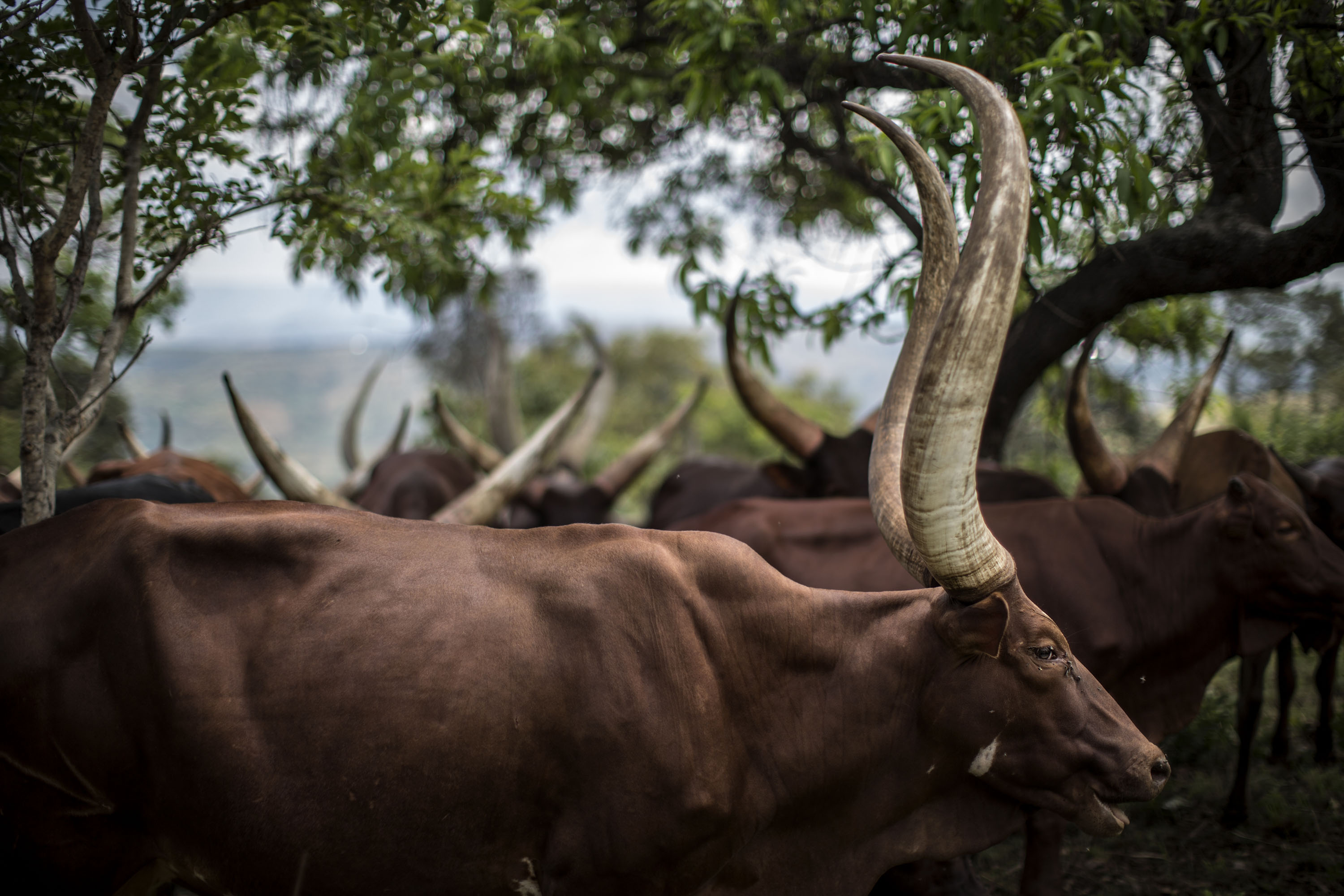Bringing together stakeholders to discuss livestock climate actions in Tanzania
FAO organizes a national stakeholder workshop to support livestock-related nationally determined contributions in Tanzania.

©FAO/Marco Longari
The United Republic of Tanzania is home to the fourth largest cattle herd in Africa after Ethiopia, Chad and Sudan. According to the 2022 National Economic Survey, the livestock sub-sector is the fastest-growing agricultural sub-sector in Tanzania, recording a growth rate of 5 percent in 2022, with a contribution of 6.7 percent to the national GDP. However, this contribution is relatively modest given the sector's potential, as demand continues to outstrip supply. According to the National Sample Census of Agriculture (NSCA) 2019-2020, Tanzania stocks 33.9 million cattle. Other livestock species include 24.5 million goats, 8.5 million sheep, and 87.7 million poultry. This sector significantly contributes to the national economy by bolstering household food security, income, and employment opportunities.
Climate change in Tanzania
Climate change may severely impact the country's economy, social structure, and ecological environment due to low adaptive capacities. Tanzania's livestock sector depends on the country's natural resource base. Extreme variations in rainfall patterns and droughts severely impact the cattle population in the country. Addressing climate change is, therefore, key to the sector's development.
To address climate action in the livestock sector, FAO in collaboration with the Ministry of Livestock and Fisheries of Tanzania and the Vice President's Office are implementing a Flexible Voluntary Contributions (FVC) Subprogramme on “Scaling up climate actions to enhance nationally determined contributions (NDC), climate, and livestock.” This subprogramme supports countries in enhancing mitigation and adaptation measures in the livestock sector and boosting climate resilience, food security, and livelihood. FAO and the ministry are organizing a national stakeholder consultation workshop as part of the activities of this subprogramme.
About the workshop
The workshop will take place in Morogoro, the United Republic of Tanzania, from 7 to 9 November 2023. It will be attended by multiple stakeholders from the government, private sector, NGOs, academia and farmers organizations to explore their roles and responsibilities in addressing climate change in the livestock sector in Tanzania. The workshop will raise awareness of the role of livestock in climate change, enhance stakeholders' knowledge of livestock mitigation and adaptation measures, and identify challenges, opportunities, and capacity development needs.
The workshop supports inter-institutional exchange and collaboration for climate action in the livestock sector. Stakeholders will discuss options to reduce greenhouse gas emissions from livestock systems and enhance climate resilience. It will also take stock of initiatives, projects, and programs that support climate action in livestock systems.